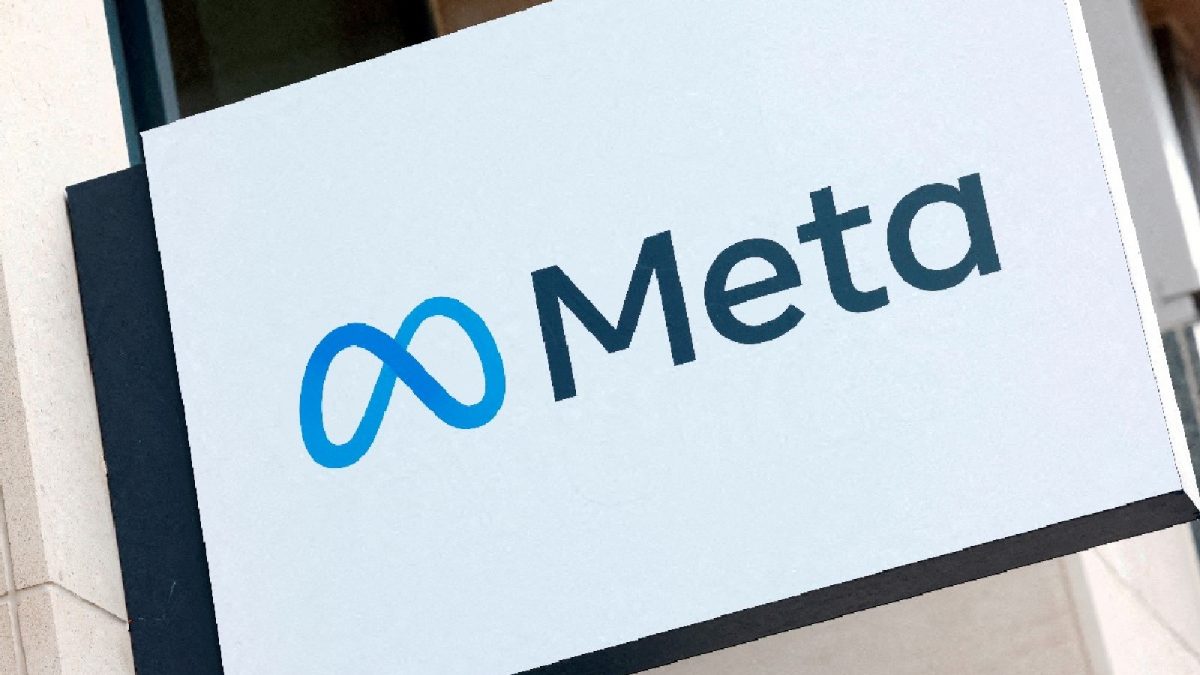ARTICLE AD BOX

Boardrooms across corporate America are witnessing a silent transformation. Artificial intelligence, once limited to automating data-heavy tasks, has now become a key player in one of the most sensitive areas of professional life: How employees are paid.
Salary hikes, bonuses, and performance reviews are increasingly being shaped not by managerial discretion but by machine logic trained to identify merit through patterns invisible to the human eye.Yet, beneath this technological shift lies an emerging tension between precision and perception. A recent AI in Pay Report by Resume Now reveals that 56% of US workers believe AI’s influence on pay decisions is already much greater than it was three years ago, while 63% expect this role to expand sharply within the next five years.
The new frontier of workplace compensation may well depend on how successfully trust can coexist with technology.
From performance reviews to predictive analytics
Traditional performance reviews once defined career progression, often influenced by subjective impressions. Today, AI systems comb through vast datasets, tracking project timelines, collaboration scores, productivity indices, and even communication tone to assess an employee’s contribution.
For a growing number of professionals, this data-driven approach feels like a step toward impartiality. The report found that 68% of workers believe AI makes pay and bonus decisions fairer. Machines, after all, are immune to office politics or unconscious favoritism. Still, concerns about algorithmic bias and transparency persist. Employees are wary of black-box systems where the logic behind pay decisions remains opaque.Reflecting this unease, 94% of respondents said AI-based pay systems should be reviewed by an independent third party. The call for algorithmic audits highlights a broader demand for ethical governance, one that ensures fairness doesn’t get lost in the pursuit of efficiency.
The trust equation in a data-driven era
Trust, it seems, is the new metric of workplace equity. According to the same survey, 68% of employees said they would actually trust pay decisions more if AI were involved.
This marks a remarkable shift in perception, suggesting that workers increasingly see technology as a neutral arbiter in a system long criticized for its opacity.Still, most respondents were clear that AI must operate within defined boundaries, with human oversight and the option for appeal. The balance between machine precision and human empathy remains essential. A well-designed AI framework may help eliminate bias, but a well-informed human can still interpret nuance, the unquantifiable elements of effort, leadership, or adaptability that data might miss.
When fairness meets the algorithm
The promise of algorithmic fairness is alluring: Objective evaluation, consistent outcomes, and measurable equity. Yet fairness is as much about context as it is about consistency. AI can calculate performance outcomes, but it struggles with intangibles, the mentorship behind a successful team, the late-night problem-solving sessions, or the emotional labor that sustains company culture.Experts recommend that employees maintain detailed records of their achievements and seek clarity on how algorithmic models weigh various performance indicators.
Regular human check-ins can bridge the interpretive gaps that AI cannot fill, ensuring that data complements rather than dictates decisions.
The future of pay: Partnership, not replacement
As AI’s role in compensation continues to expand, the next evolution will not be about replacing HR judgment but refining it. Hybrid pay models, where algorithms provide data-backed recommendations and managers contextualize them, are already gaining traction in forward-looking firms.The future of compensation will likely depend on this partnership between human intuition and machine analysis. When used responsibly, AI can strip bias from pay decisions and build a framework rooted in transparency and trust. But when left unchecked, it risks turning human worth into a metric without meaning.The story of AI in pay, then, is not just about technology’s growing authority; it is about redefining fairness in the age of algorithms, where every raise and bonus becomes both a data point and a statement of value.

 4 hours ago
4
4 hours ago
4









 English (US) ·
English (US) ·